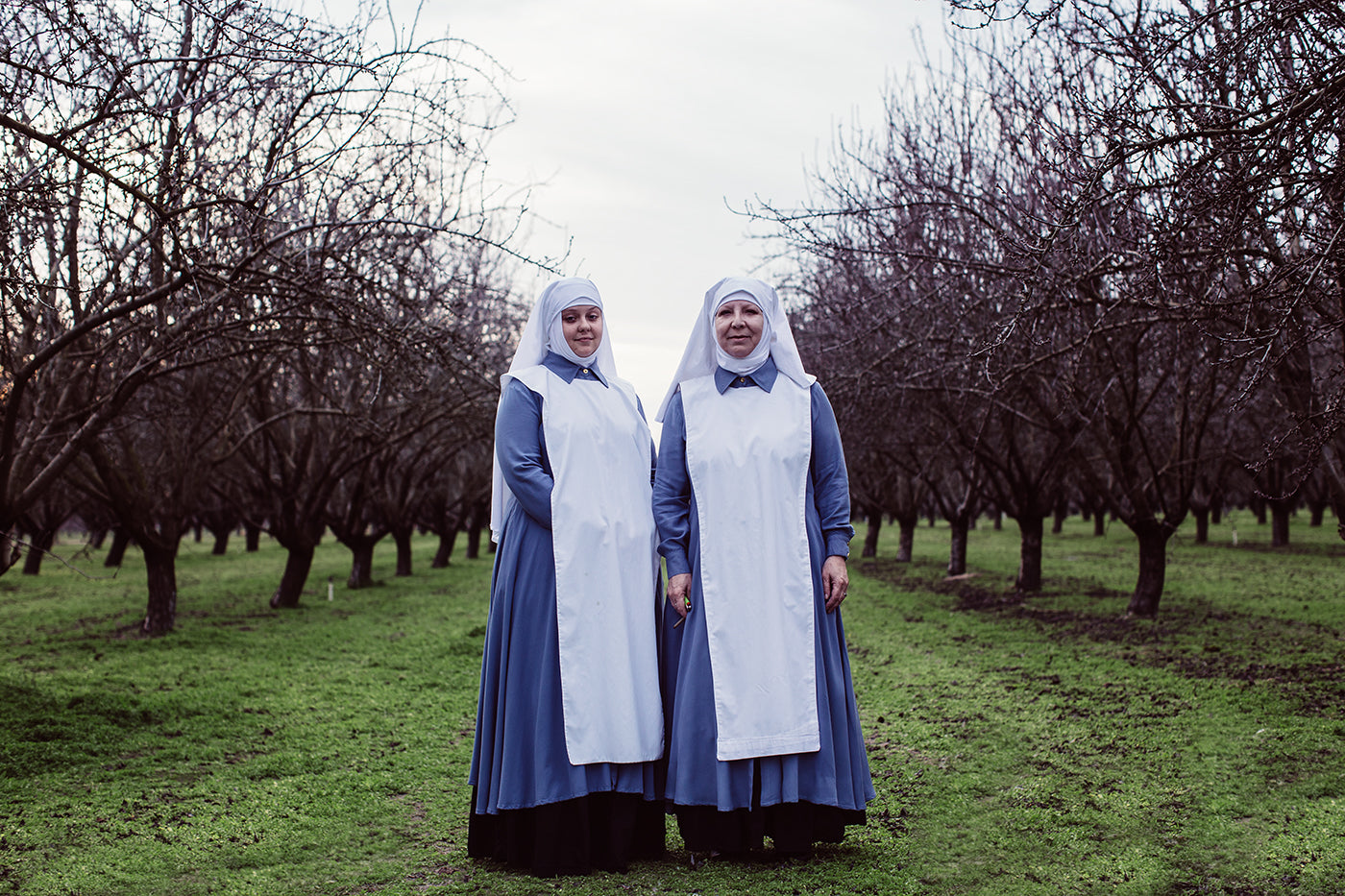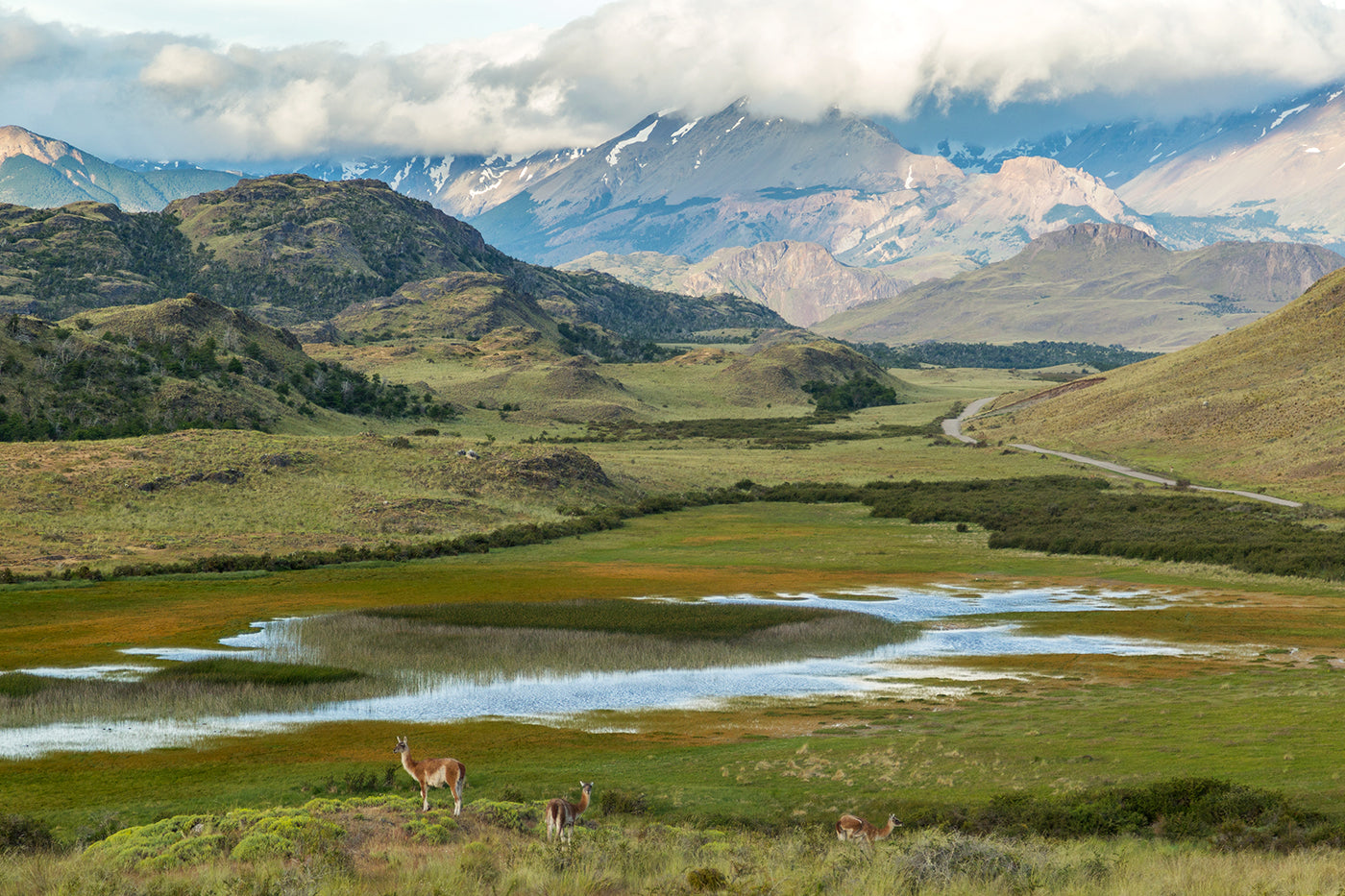
Planet Over Profit!
A growing movement within the tourism industry is trying to reverse the industry's contribution to climate change. We delve into the individuals behind conscious travel
“For sustainability and sustainable actions to last, you need the economics to make it work,” explains William Kriegel, founder of Haras de la Cense, a stud farm and learning center for horsemanship that works closely together with Le Barn hotel. As climate change and environmental degradation become increasingly evident, the hospitality industry is placing sustainability at the core of its practices and committing to responsible, green philosophy. And yet, at the same time, the transportation sector and its CO2 emissions are posing a greater risk to human health and wildlife habitats.

Wilderness Safaris run camps and safaris as part of their children in the wilderness program. Children stay in camps for four days and embark on a wide range of wildlife activities. (Photo: Wilderness Safari, Bon Voyage)
Researchers have found that the tourism industry is responsible for eight percent of greenhouse gas emissions worldwide, contributing significantly to climate change and the acidification of the oceans. Kriegel is one of the many innovators in the hospitality industry who believes that the extraction economy is no longer feasible. “Bringing long-lasting economic life to the land and farming practices to thrive in the process is a natural, virtuous circle. When you start assessing things from a sustainability angle, you stop being in the extraction economy,” he explains. “One thing I have learned over the years is that values and ideology can only be applied when they have an economic value.” With climate change, an inescapable reality now creating an ethical business model that respects the natural world might be our only way forward.
Wilderness Safaris is leading the charge in an effort to carve out new relationships with the land through conservation. While they run 48 luxury camps across seven countries on the African continent, the company contributes to the conservation of millions of acres of land across eight biodomes. Founding partners Colin Bell and Chris McIntyre shed light on their sustainable model: “Within our industry, we have unquestionably the greatest positive impact on both rural communities and conservation.” Their biodiversity coverage covers 5.7 million acres and includes 39 species in the three most threatened categories of the IUCN Red List. Furthermore, Wilderness Safaris runs 44 research projects tied to climate change, endangered species, and new environmental threats that arise every year, with an overarching goal “to ensure that eco-tourism remains the chosen alternative—in an economic sense—to less sustainable industries such as mining, extensive agriculture and farming, hydroelectric schemes, and others that irrevocably damage biodiversity, wilderness, and ecosystem processes.” A business that manages to be profitable, ethical, and responsible is a role model for similar businesses around the world.
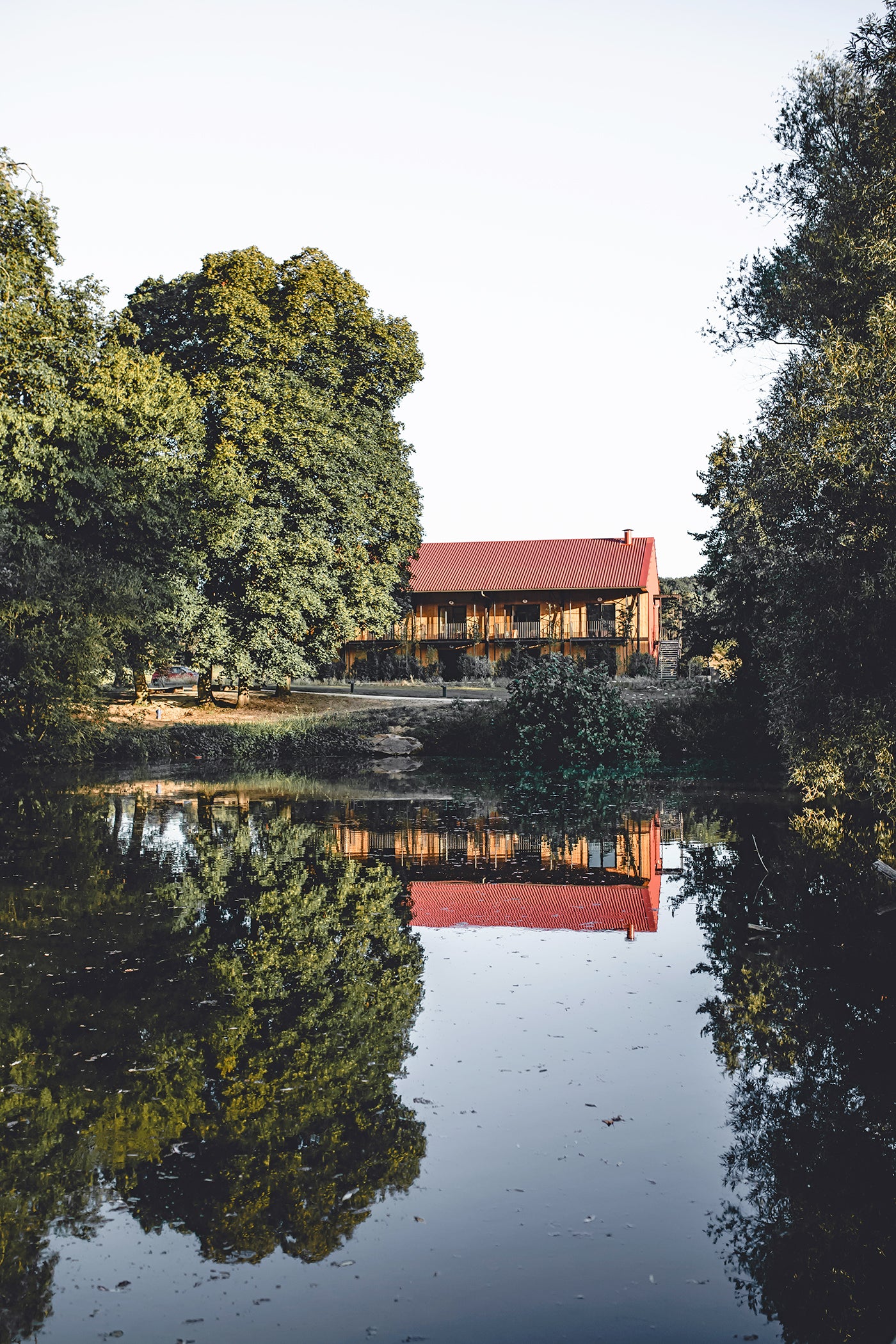
Le Barn initiatives include collecting rainwater from the roofs, stocking and filtering it, and then reinjecting it back into the local rivers at a later time; by doing this, the system prevents floods and mudslides caused by excess run-off. (Photo: Le Barn Hotel, Bon Voyage)
When entrepreneurs and sustainability leaders Rory and Melita Hunter created Song Saa, an eco-resort on a private island in Cambodia, they developed a successful business model around conservation-based luxury tourism that also helped preserve the biodiversity of the Koh Rong Archipelago. The couple helped ensure that extraordinary care was put into the materials, building techniques, and on-site practices. They launched the Song Saa Collective in order to develop a nearly 500-acre marine reserve that protects the precious coral reefs of the region.
When it comes to using one’s profits to give back to the Earth, American entrepreneur, outdoorsman, conservationist, and philanthropist Doug Tompkins was the ultimate visionary to lead by example. The founder of The North Face sportswear company, he ultimately sold his shares of the company and created the Foundation for Deep Ecology and then used his fortune to buy over 2.2 million acres of wilderness in Chile and Argentina, creating national parks that would ensure long-term conservation through this designation. He issued grants through his foundations and published a series of activist books on environmental philosophy. “If you’re not an activist, you’re an inactivist!” he used to say. He and his wife, Kristine McDivitt Tompkins, lived among the vast grasslands, diverse landscapes, and plentiful wildlife in South America that they sought to protect via their myriad conservation initiatives that restore landscapes and protect biodiversity.
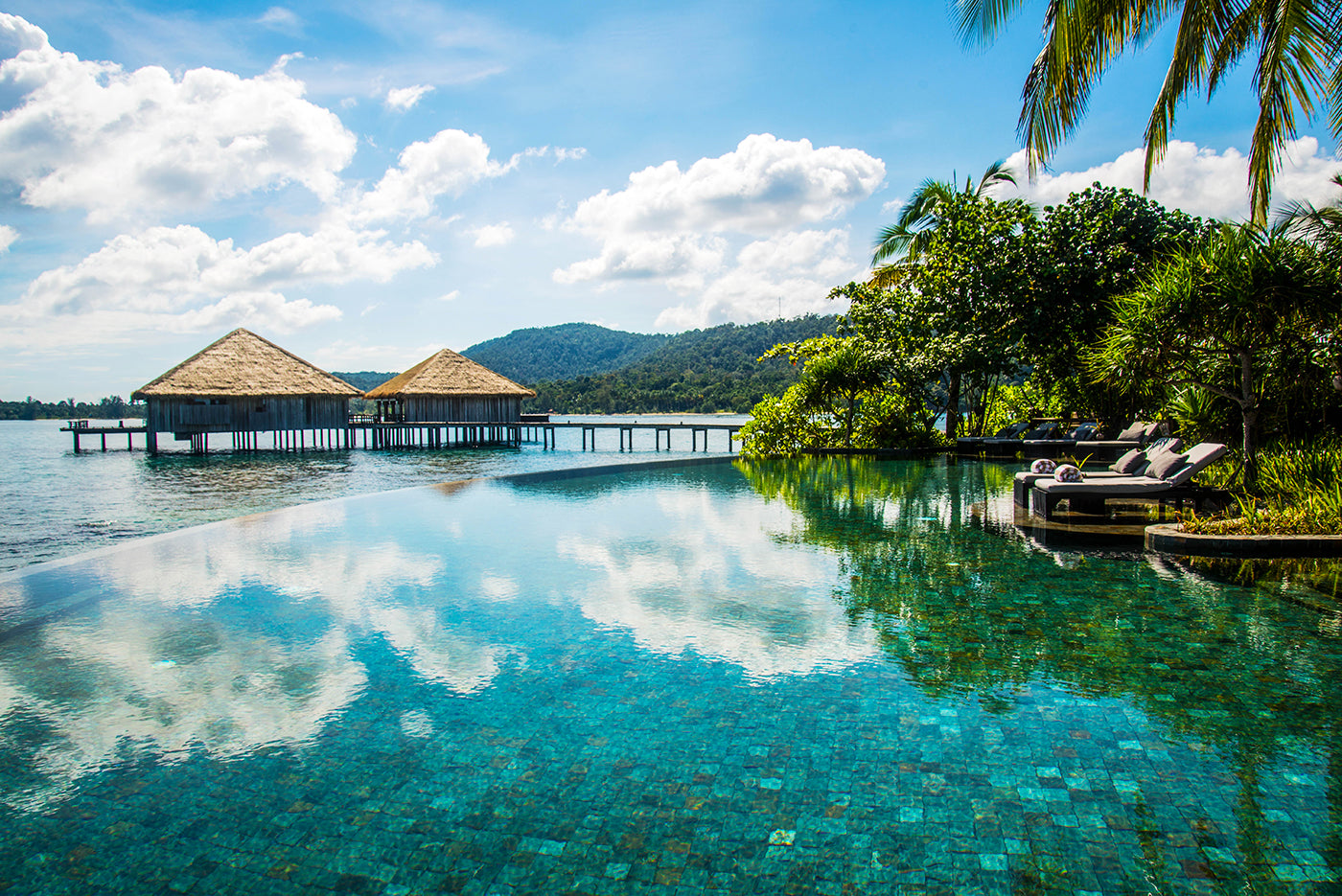
Combining luxury with a conservationist philosophy, the island created and established a marine reserve. Built using reclaimed timber, its design uses the Cambodian climate to enhance sustainable design within the structure. (Photo: Song Saa Island, Bon Voyage)
Twenty-five years ago, the couple predicted the collapse of the economy and the effects of climate change. Doug Tompkins passed away in 2015 while kayaking through the landscape he loved and protected. Kris Tompkins is now president and CEO of Tompkins Conservation. “Wealth should be managed differently: the more you get, the more you should give,” she says. “It’s an ethic. It takes intelligence to give away, but if all financers invested the same efforts—as they do when they draft strategies to make money—in preserving ecosystems, more great causes could be funded. And the return on investment would be infinitely rewarding.” Parque Patagonia is one of the Tompkins’ greatest legacies—a privately owned nature reserve operated as a public-access park. It is a model not only for extensive restoration of wildlands and wildlife but also for generating sustainable agriculture and economic opportunities for local populations.
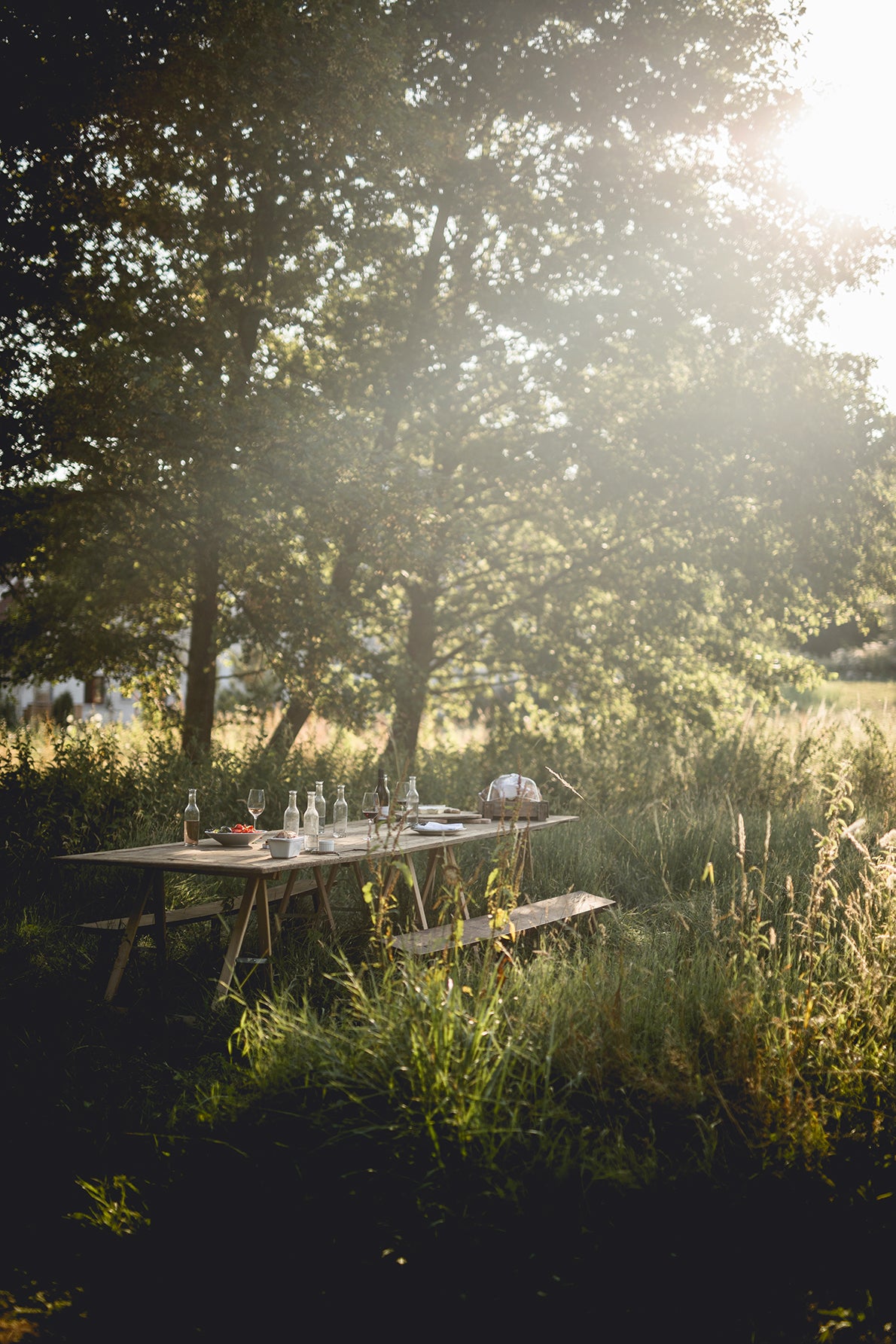
Le Barn also reflects conscious energy choices and sustainable actions: the main areas use stoves instead of solar panels, local partnerships were put in place to conduct the renovation, old wooden frameworks were reused to make the gates of the estate. (Photo: Le Barn Hotel, Bon Voyage)
The poet Mary Oliver asked: “Tell me, what is it you plan to do with your one wild and precious life?” Doug Tompkins believed that when people spend time in wild places, they come away caring more about the natural world. The activist hoteliers in Bon Voyage strive to give travelers that connection to the planet, while simultaneously enriching their local communities and the environment. Surely in an age where we face our gravest environmental threats yet, this is a life well-lived.
Travel with a conscious approach through Bon Voyage. Available in German and English.

